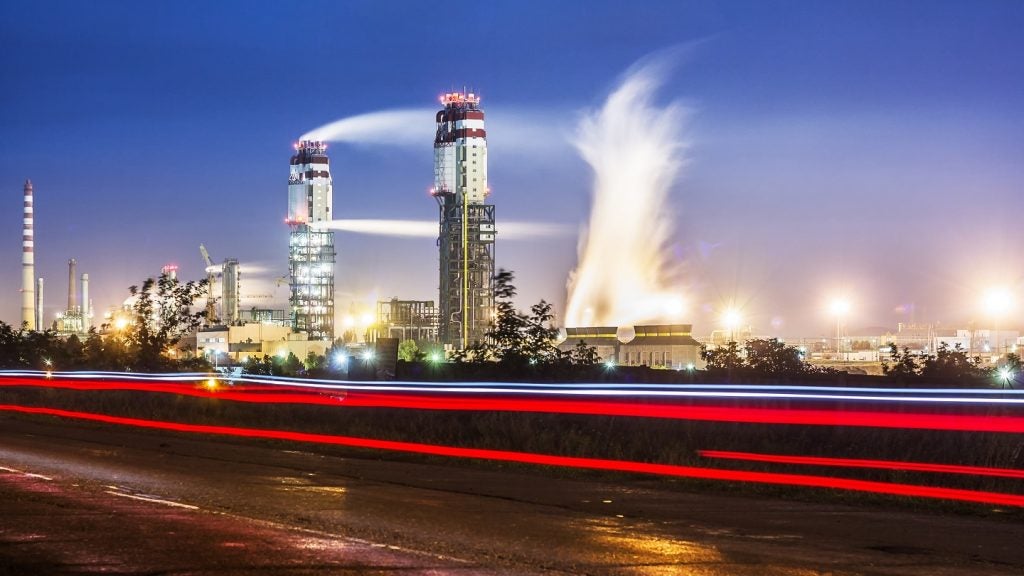
Nigeria has filed a $1.092bn legal claim in the UK High Court against oil giants Shell and Eni, over alleged fraudulent practices and cases of corruption, and subsequent divergence of billions of dollars in potential revenue from the Nigerian people.
The lawsuit relates to oil-prospecting licence for deepwater plot OPL 245, purchased jointly by Shell and Eni in 2011. It is alleged that the money used to purchase Shell and Eni’s interests in the block was not paid to Nigeria but through Malabu Oil and Gas, a company controlled by former Nigerian Minister of Petroleum Dan Etete. The money is purported to have been used for bribes and kickbacks.
Nigeria contends that Shell and Eni have engaged in bribery and conspiracy against the country, and knowingly assisted corrupt Nigerian government officials.
Reynolds Porter Chamberlain solicitor Tom Hibbert, who is representing Nigeria, said: “This claim reflects the determination and ongoing efforts of the Federal Republic of Nigeria to recover the very significant sums lost to corruption and the unlawful activity of Shell and Eni in this transaction.”
The OPL 245 block is already at the centre of a controversial lawsuit in Italy, where Eni CEO Claudio Descalzi is standing trial, with prosecutors claiming that payments of $1.1bn from a $1.3bn deal were used for bribing corrupt public officials.
In a new assessment by the Resources for Development Consulting (RDC), it estimated that Nigeria would lose out on $6bn of potential revenue due to the unusual structure of the 2011 deal.
How well do you really know your competitors?
Access the most comprehensive Company Profiles on the market, powered by GlobalData. Save hours of research. Gain competitive edge.

Thank you!
Your download email will arrive shortly
Not ready to buy yet? Download a free sample
We are confident about the unique quality of our Company Profiles. However, we want you to make the most beneficial decision for your business, so we offer a free sample that you can download by submitting the below form
By GlobalDataThe RDC said in its report: “The fiscal terms that currently govern Block 245 are not, in our view, consistent with the essence of a normal production sharing system.”
The report found that Shell and Eni would pay taxes to the Nigerian Government as is typical with such a deal, but the state would not receive royalties or allocation of produced oil after costs.
Under prior fiscal rules, and assuming $70 per barrel, for example, potential revenues generated from the plot in 2003 were estimated at $14.3bn and in 2005 were estimated to be $15.6bn. However, since 2011, this estimate fell to $9.6bn. RDC could not find a substantial reason for such a large decrease in generated revenues.
In September, defendants Nigerian Emeka Obi and Italian Gianluca Di Nardo were found guilty of international corruption, while more company middlemen and managers are facing legal action.
Eni rejected any accusations of illicit practice or irregularity in the deal, while Shell has also maintained its legality, although the company had suffered from the negative perception brought on by the lawsuit.
Shell CEO Ben van Beurden said in a speech last month: “It is not [a position] that we would want to find ourselves in again.”






